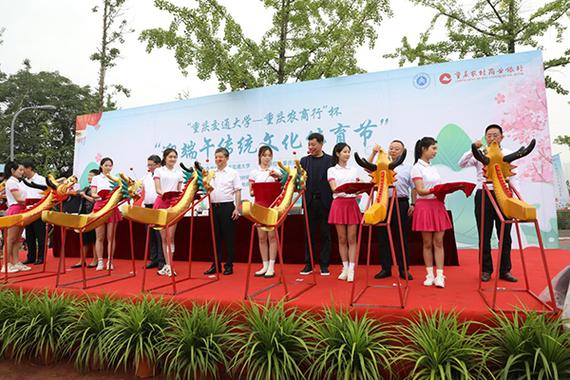As a university athletics department director, your role is pivotal in shaping the success and reputation of your institution's sports programs. From managing budgets to fostering a culture of excellence, your responsibilities are diverse and demanding. This guide aims to provide insights and recommendations to help you navigate the complexities of your role effectively.
One of the fundamental tasks of a sports department director is strategic planning. This involves setting clear, achievable goals that align with the university's mission and vision. Consider factors such as the strengths and weaknesses of your teams, facilities, and resources available.
Here are some key steps to effective strategic planning:
- Evaluate Current State: Conduct a comprehensive assessment of your department's current state, including performance metrics, financial resources, and stakeholder expectations.
- Set SMART Goals: Ensure that your goals are Specific, Measurable, Achievable, Relevant, and Timebound. This clarity will guide your department's actions and measure progress effectively.
- Develop Action Plans: Outline the strategies and initiatives required to achieve your goals. Assign responsibilities, allocate resources, and establish timelines for implementation.
- Monitor and Adjust: Regularly monitor the progress of your initiatives and be prepared to make adjustments based on changing circumstances or feedback.
Managing finances is a critical aspect of overseeing an athletics department. While revenue generation through ticket sales, sponsorships, and fundraising is essential, prudent financial management is equally important.
Here are some financial management best practices:
- Budget Allocation: Allocate resources based on the priorities identified in your strategic plan. Prioritize investments that directly contribute to the success and development of your athletes.
- Seek Diverse Revenue Streams: Explore opportunities for revenue generation beyond traditional sources. This could include partnerships with local businesses, hosting events, or offering sports camps and clinics.
- Monitor Expenses: Regularly review expenditures and identify areas where costsaving measures can be implemented without compromising the quality of the programs.
- LongTerm Sustainability: Develop a longterm financial sustainability plan that accounts for potential fluctuations in revenue and expenses. Build reserves and contingency funds to mitigate financial risks.
Central to your role is the wellbeing and development of your studentathletes. Creating an environment that supports their academic, athletic, and personal growth is essential for their success both on and off the field.
Consider the following strategies for athlete development and welfare:
- Academic Support: Collaborate with academic advisors and faculty to ensure that studentathletes receive the necessary support to excel in their studies. Implement tutoring programs, study halls, and time management workshops to help them balance their athletic and academic commitments.
- Athletic Training and Health: Prioritize athlete health and safety by providing access to qualified medical staff, sports psychologists, and nutritionists. Invest in stateoftheart training facilities and equipment to minimize the risk of injuries and optimize performance.
- Life Skills Development: Offer workshops and seminars on leadership, communication, and career development to prepare studentathletes for life beyond sports. Encourage participation in community service projects to instill values of social responsibility and teamwork.
Building a strong brand and fostering community engagement are essential for the longterm success and sustainability of your athletics department. Cultivate relationships with alumni, fans, and local stakeholders to garner support and enhance the visibility of your programs.
Here are some strategies for community engagement and brand building:
- Alumni Relations: Establish alumni networks and organize events that allow former athletes to reconnect with the university and current students. Leverage their support and expertise to mentor aspiring athletes and contribute to fundraising efforts.
- Fan Engagement: Create memorable gameday experiences for fans through promotions, giveaways, and interactive activities. Use social media platforms to engage with supporters and share compelling stories about your teams and athletes.
- Partnerships and Sponsorships: Forge partnerships with local businesses, media outlets, and corporate sponsors to expand your reach and generate revenue. Seek mutually beneficial arrangements that enhance the visibility of both parties.

As a university athletics department director, your leadership plays a crucial role in shaping the success and impact of your sports programs. By prioritizing strategic planning, financial management, athlete development, and community engagement, you can build a culture of excellence that fosters the holistic growth of your studentathletes and enhances the reputation of your institution.
Remember to adapt to changing circumstances, stay abreast of industry trends, and continuously seek opportunities for improvement. With dedication, creativity, and a focus on your mission, you can lead your athletics department to new heights of achievement and distinction.





